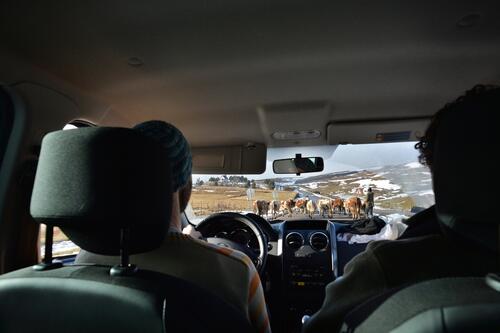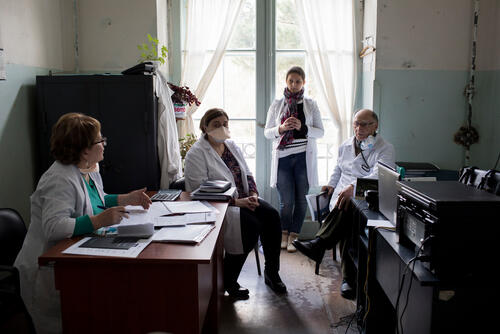
Georgia
MSF began working in Georgia in 1993 to deliver healthcare to people affected by internal displacement and conflict, before providing treatment to people with multidrug-resistant tuberculosis (MDR-TB).
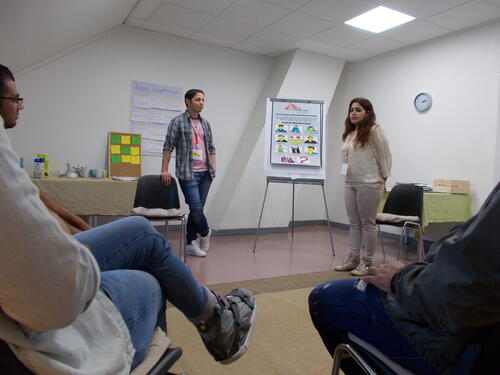
Germany
MSF worked in Germany in 2017 to introduce a system of peer counselling for asylum seekers as part of a pilot project handed over to St Josef hospital in Schweinfurt, Bavaria.
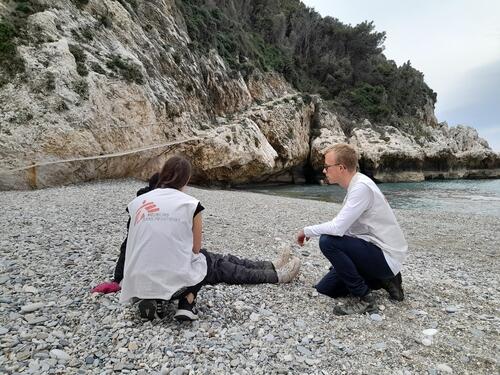
Greece
Learn about MSF projects in Greece, where migrants and refugees who have arrived in search of safety or to reach other destinations in Europe, find themselves stranded indefinitely.

Hungary
MSF supported refugees in Hungary in 2022.

Italy
In Italy, we address the needs of migrants and people on the move.

Kosovo
MSF started working in Kosovo in 1992 and withdrew in 2000.

Kyrgyzstan
In Kyrgyzstan, we work on detecting breast and cervical cancers.
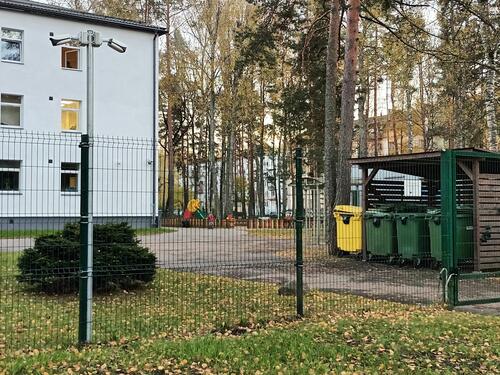
Latvia
MSF worked to assist refugees and asylum seekers in Latvia.
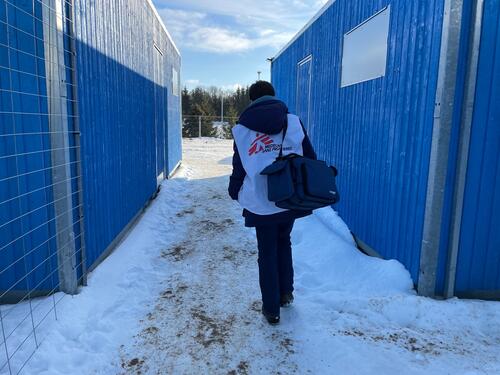
Lithuania
MSF left Lithuania in 2023.

Malta
MSF worked in Malta between 2008 and 2010.
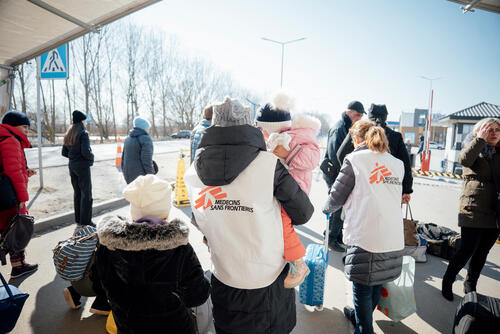
Moldova
MSF briefly returned to Moldova in 2022 to support Ukrainian refugees.
